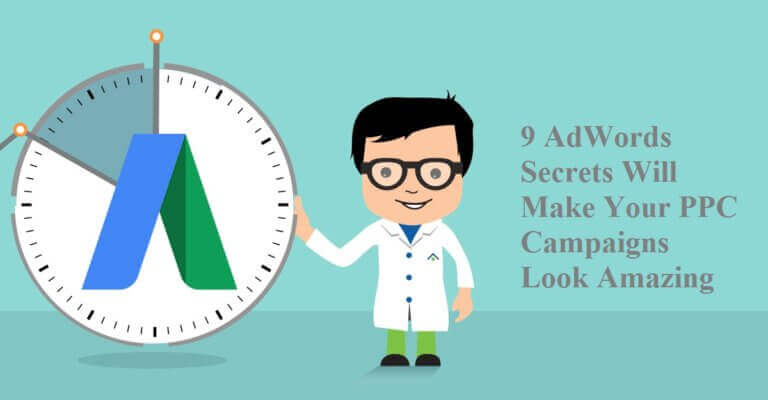
9 Google Ads Secrets for Amazing PPC Campaigns
Want to know Google Ads secrets to maximize ROI? Simple, effective strategy changes based on strong data analysis can help you optimize PPC management. Google provides a wide variety of tools here are nine PPC management secrets that Google Ads professionals leverage to generated desired ROI.
#1 Geographic Performance Reports
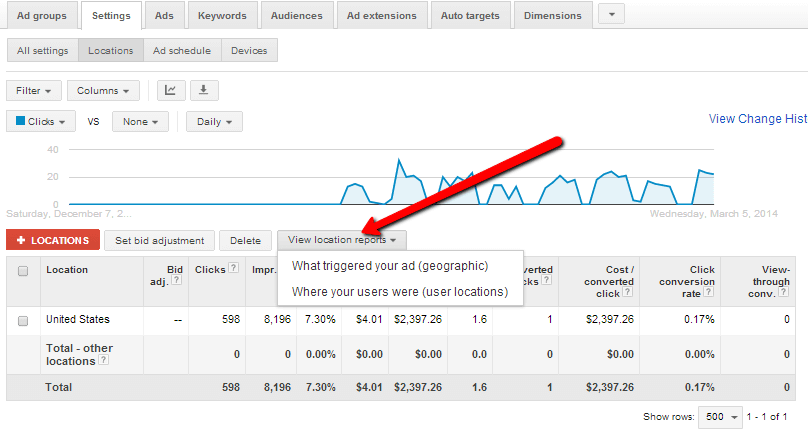
PPC management professionals pull geographic and user location reports from Google Ads to identify best performing areas as well as poor performing areas. Based on this, you can increase bids for well-performing locations or reduce bids for poor-performing. You may also decide to use a Location extension to target local audience.
#2 Remarket To Convert Site Visitors
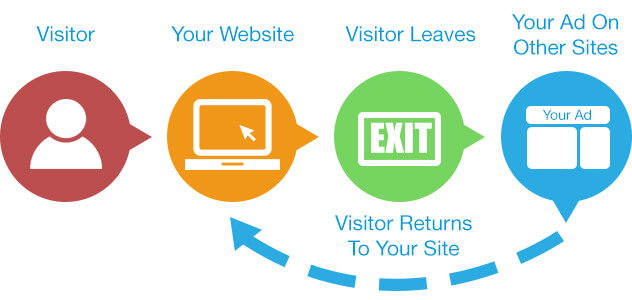
An experienced PPC management agency knows the value of remarketing to site visitors. This high value audience segment can be targeted through standard marketing, dynamic marketing, RLSAs, mobile app remarketing and video remarketing. Linking your Google Ads account to Google Analytics will help you understand a user’s onsite behavior and develop custom strategies targeting their purchase intent.
#3 Rigorous A/B Testing
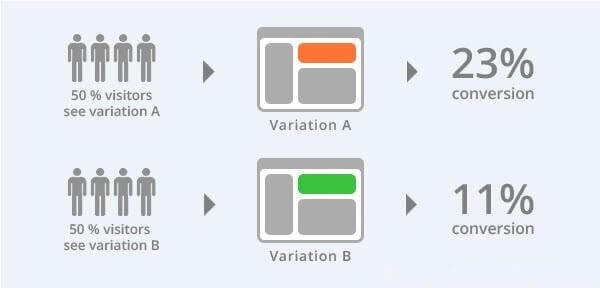
A/B testing of ads is a very useful tool for discovering the most profitable ad versions. As any good PPC management agency will tell you, even a simple change after rigorous A/B testing can lead to big improvements in ad performance. Everything should be tested including ad headline, ad copy, landing page call-to-action, display link and keywords to determine the best variation.
Also read: Simple Tips to Increase CTR in Google Ads
#4 Implement Negative Keywords

Negative keywords help filter irrelevant clicks and plug ad spend wastage. Review a search terms report which contains information about various terms that triggered your ad and led to click. Use the report to identify high-cost, low-value search terms that aren’t related to your business. Add negative keywords at campaign or ad group level to prevent ads from showing to unqualified traffic.
Type of #ReMarketing Audiences You Should Be Targeting in PPC: Your site visitor data is a treasure trove of data that can help you develop audience focused #AdWords remarketing strategies. Read more: https://t.co/hMqLR8K2Ci pic.twitter.com/VBbHqLmcTB
— Adwordwise Aus (@AdWordsWiseAUS) April 30, 2018
#5 Exclude Mobile Apps
A white label PPC management agency knows that running display ads on mobile apps can be dangerous and expensive. Google places ads on relevant websites and mobile apps for Display Network campaigns. However, this invites a lot of unwanted traffic due to accidental clicks and ultimately reduces campaign efficiency. To exclude mobile apps for your campaign, add Placement Exclusion in Campaign Exclusion settings.
#6 Link with Google Analytics
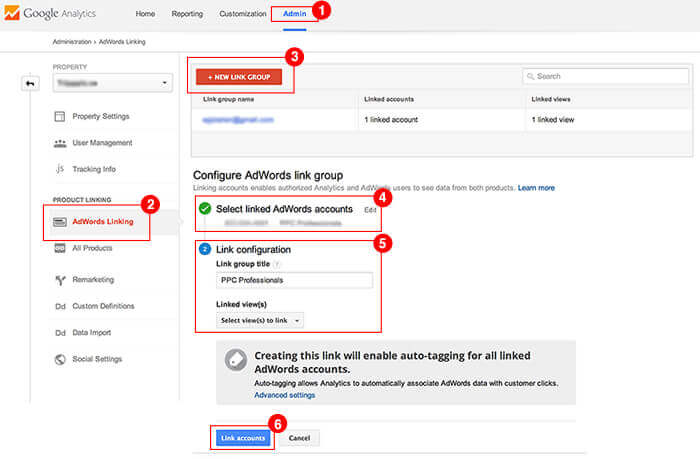
White label PPC management professionals strongly recommend linking Google Ads to Google Analytics. This helps understand customer journey from click to conversion. Google analytics reports track important metrics such as keyword performance, real revenue, bounce rates, new visits and time spent on website. Use this information to modify campaigns, improve campaign structure and utilize budget more efficiently.
#7 Review Auction Insights Report
An auction insights is a good way to compare your performance with competitors who are participating in the same auction. You can gather information about important metrics and generate reports for ad groups, campaigns and keywords as well as fragment results by time and device. Google Ads experts use this information to make budget and bidding decisions.
Also read: Seven Strategies for Efficient Google Shopping Feed Optimization
#8 Strategize for Mobile Traffic
If you have significant mobile traffic, make your ad mobile friendly by including a ‘click-to-call’ button so that the user can call you directly from smartphones or call extensions so the user can call from desktop in case you don’t have a responsive website. Both these will improve ad relevance, save time for the user and help you attract quality traffic.
#9 Optimize Landing Pages
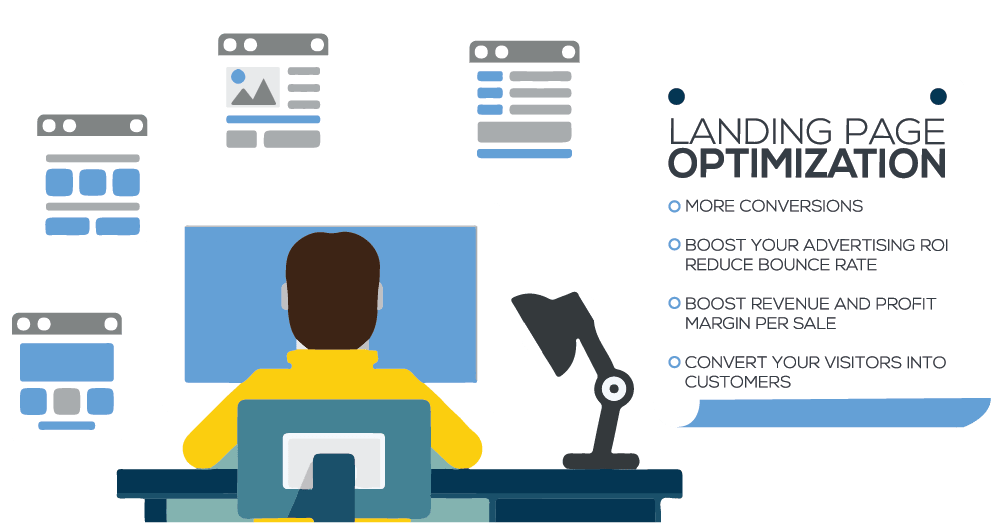
Optimize landing page in such a way that it has a relevant title that matches ad, meaningful content in a succinct format, a strong call-to-action that takes users further along a sales funnel and trust signals to make the user feel reassured. Don’t ignore A/B testing to confirm the landing page is effective and working smoothly across all browser types.
Maximizing campaign performance on an ongoing basis is a tedious and arduous process – for expert assistance, outsource to a white label PPC management agency!
